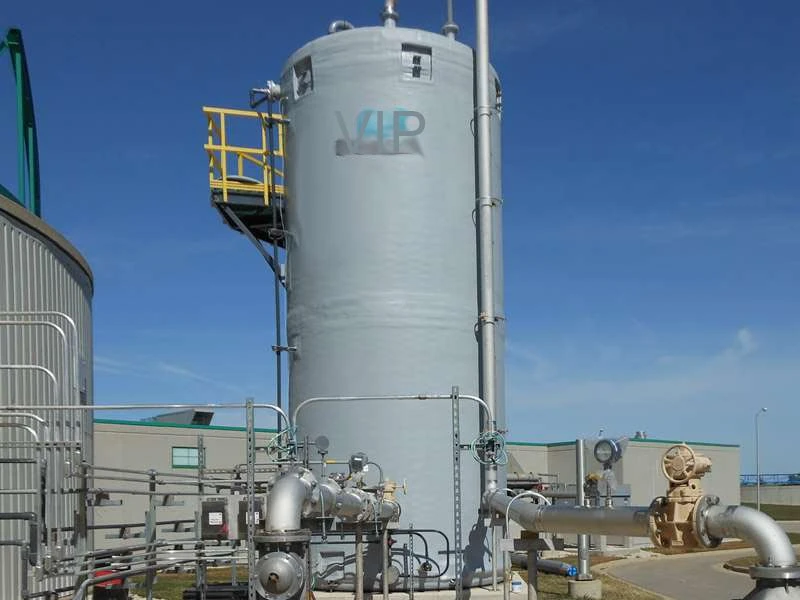
-
 Afrikaans
Afrikaans -
 Albanian
Albanian -
 Amharic
Amharic -
 Arabic
Arabic -
 Armenian
Armenian -
 Azerbaijani
Azerbaijani -
 Basque
Basque -
 Belarusian
Belarusian -
 Bengali
Bengali -
 Bosnian
Bosnian -
 Bulgarian
Bulgarian -
 Catalan
Catalan -
 Cebuano
Cebuano -
 China
China -
 China (Taiwan)
China (Taiwan) -
 Corsican
Corsican -
 Croatian
Croatian -
 Czech
Czech -
 Danish
Danish -
 Dutch
Dutch -
 English
English -
 Esperanto
Esperanto -
 Estonian
Estonian -
 Finnish
Finnish -
 French
French -
 Frisian
Frisian -
 Galician
Galician -
 Georgian
Georgian -
 German
German -
 Greek
Greek -
 Gujarati
Gujarati -
 Haitian Creole
Haitian Creole -
 hausa
hausa -
 hawaiian
hawaiian -
 Hebrew
Hebrew -
 Hindi
Hindi -
 Miao
Miao -
 Hungarian
Hungarian -
 Icelandic
Icelandic -
 igbo
igbo -
 Indonesian
Indonesian -
 irish
irish -
 Italian
Italian -
 Japanese
Japanese -
 Javanese
Javanese -
 Kannada
Kannada -
 kazakh
kazakh -
 Khmer
Khmer -
 Rwandese
Rwandese -
 Korean
Korean -
 Kurdish
Kurdish -
 Kyrgyz
Kyrgyz -
 Lao
Lao -
 Latin
Latin -
 Latvian
Latvian -
 Lithuanian
Lithuanian -
 Luxembourgish
Luxembourgish -
 Macedonian
Macedonian -
 Malgashi
Malgashi -
 Malay
Malay -
 Malayalam
Malayalam -
 Maltese
Maltese -
 Maori
Maori -
 Marathi
Marathi -
 Mongolian
Mongolian -
 Myanmar
Myanmar -
 Nepali
Nepali -
 Norwegian
Norwegian -
 Norwegian
Norwegian -
 Occitan
Occitan -
 Pashto
Pashto -
 Persian
Persian -
 Polish
Polish -
 Portuguese
Portuguese -
 Punjabi
Punjabi -
 Romanian
Romanian -
 Russian
Russian -
 Samoan
Samoan -
 Scottish Gaelic
Scottish Gaelic -
 Serbian
Serbian -
 Sesotho
Sesotho -
 Shona
Shona -
 Sindhi
Sindhi -
 Sinhala
Sinhala -
 Slovak
Slovak -
 Slovenian
Slovenian -
 Somali
Somali -
 Spanish
Spanish -
 Sundanese
Sundanese -
 Swahili
Swahili -
 Swedish
Swedish -
 Tagalog
Tagalog -
 Tajik
Tajik -
 Tamil
Tamil -
 Tatar
Tatar -
 Telugu
Telugu -
 Thai
Thai -
 Turkish
Turkish -
 Turkmen
Turkmen -
 Ukrainian
Ukrainian -
 Urdu
Urdu -
 Uighur
Uighur -
 Uzbek
Uzbek -
 Vietnamese
Vietnamese -
 Welsh
Welsh -
 Bantu
Bantu -
 Yiddish
Yiddish -
 Yoruba
Yoruba -
 Zulu
Zulu
High-Temperature Applications for Advanced Fiberglass Products and Solutions
The Role of Fiberglass Products in High-Temperature Applications
In today’s industrial landscape, the demand for materials that can withstand extreme temperatures is more critical than ever. From aerospace to automotive industries, the requirement for reliable, durable, and high-performance materials is paramount. Among the various options available, fiberglass products have emerged as one of the leading solutions for high-temperature applications. This article explores the properties, advantages, and diverse applications of fiberglass materials in environments characterized by elevated thermal conditions.
Understanding Fiberglass
Fiberglass, or glass-reinforced plastic (GRP), is composed of a resin matrix that is reinforced with fine glass fibers. Its unique structure not only provides it with exceptional strength but also makes it lightweight compared to traditional materials like metals. The fibers used in fiberglass can vary in thickness and are typically made from silica, boron, and other inorganic compounds. This composition offers fiberglass products remarkable resistance to heat and thermal expansion, making them ideal candidates for high-temperature applications.
High-Temperature Resistance
One of the key features of fiberglass products is their ability to withstand high temperatures without losing structural integrity. Many fiberglass composites can operate effectively in temperatures exceeding 300°C (572°F). This resistance is crucial in environments where temperatures can fluctuate drastically, such as in industrial furnaces, ovens, and other thermal processing equipment. The ability to perform under such conditions is largely due to the thermal stability of the resin system, which can be tailored to meet specific heat resistance requirements.
Advantages of Fiberglass Products
1. Lightweight and Strong Fiberglass is significantly lighter than steel or aluminum, allowing for easier handling and reduced energy consumption in applications where weight is a crucial factor.
2. Corrosion Resistance Many high-temperature applications are exposed to harsh chemicals and environments. Fiberglass resists many corrosive substances, which contributes to longer product life and reduced maintenance costs.
3. Electrical Insulation Fiberglass is an excellent electrical insulator, making it suitable for applications where electromagnetic interference (EMI) or electrical conductivity is a concern.
fiberglass products for high temperature

5. Design Flexibility Fiberglass can be molded into various shapes and sizes, allowing for innovative designs tailored to specific applications and requirements.
Applications in High-Temperature Environments
The versatility of fiberglass products enables their use in a range of high-temperature applications
- Aerospace Industry Fiberglass composites are widely utilized in the manufacturing of aircraft components, such as fuselage structures and insulation systems, thanks to their weight-to-strength ratio and thermal resistance.
- Automotive Sector In automotive applications, fiberglass is used in engine compartments and under-hood components, which require materials that can withstand heat from engines without degrading.
- Industrial Equipment Many high-temperature industrial processes utilize fiberglass products for their insulation properties in heating elements, pipe insulation, and thermal barriers.
- Marine Applications Fiberglass is used to construct parts of ships and submarines that encounter extreme environmental conditions, where corrosion and heat resistance are critical.
Conclusion
Fiberglass products have proven to be invaluable in high-temperature environments across various industries. Their lightweight nature, combined with exceptional strength, thermal stability, and corrosion resistance, makes them an ideal choice for countless applications. As industries continue to evolve and the demands for efficiency and performance heightens, the role of fiberglass products in high-temperature scenarios will undoubtedly expand, further solidifying their place as a leading material in modern engineering solutions. Whether it’s in aerospace, automotive, or industrial processes, the benefits of fiberglass will continue to play a pivotal role in driving innovation and performance in high-temperature applications.









